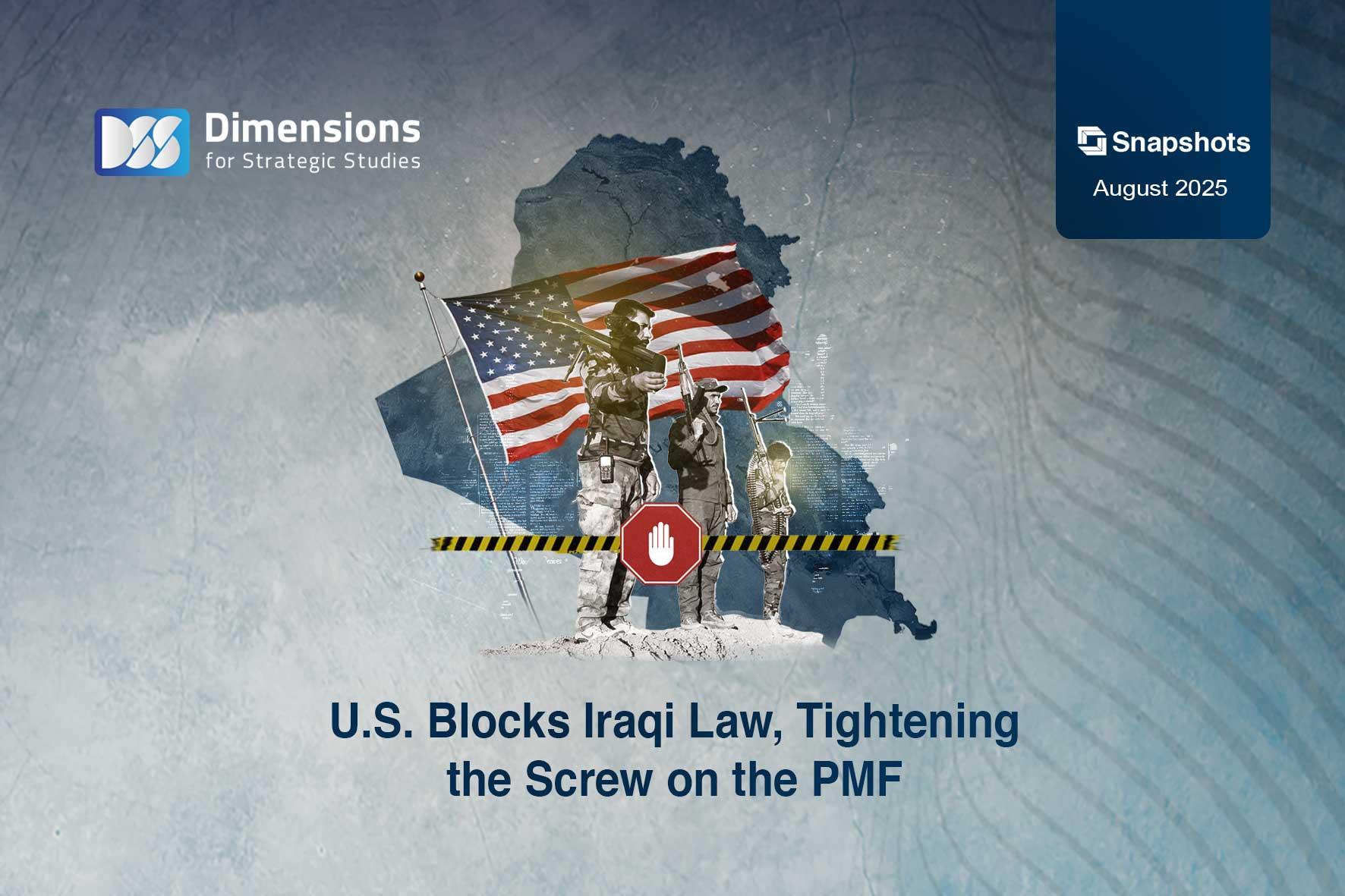
U.S. Blocks Iraqi Law, Tightening the Screw on the PMF
2025-08-063413 view
Since returning to the White House in early 2025, U.S. President Donald Trump has made rolling back Iranian influence in Iraq a top priority. As part of this effort, he has stepped up the pressure on the Iraqi government to dissolve Iranian-backed Iraqi armed factions operating under the umbrella of the Popular Mobilization Forces (PMF).
The Shiite political forces that dominate Iraq’s ruling system realize they would be weakened if they agreed to disband the PMF—nor do they want to completely ignore Iran’s desires. Accordingly, they are seeking a compromise that balances U.S. pressure on the one hand against Iranian desires and the PMF’s interests on the other. This has given resulted in a proposed law that would integrate the PMF into the military establishment, with each faction retaining its current leadership.
The proposal did little to appease the Trump administration, which is committed to dissolving these groups. In response to the bill, Washington warned various Iraqi forces with blocs in parliament that it would impose sanctions on them if they approved it. Thus far, that has prevented the legislation from being tabled for a vote.
Iraqi political forces are unlikely to risk angering the Trump administration ahead of parliamentary elections scheduled for November, because any tension in Iraq could affect the various forces’ electoral chances. Accordingly, Iraqi political forces, including the Shiite-dominated Coordination Framework, are likely to avoid tabling the bill in the House of Representatives until after the polls, deferring the matter to the next parliament.
The case of the PMF bill reflects the extent of Washington’s determination to reduce Iran’s influence in the region, as well as the reach of its own muscle in Iraq, when it chooses to flex it. In other words, Iran cannot continue to be a major actor in Iraq without Washington’s say-so.





